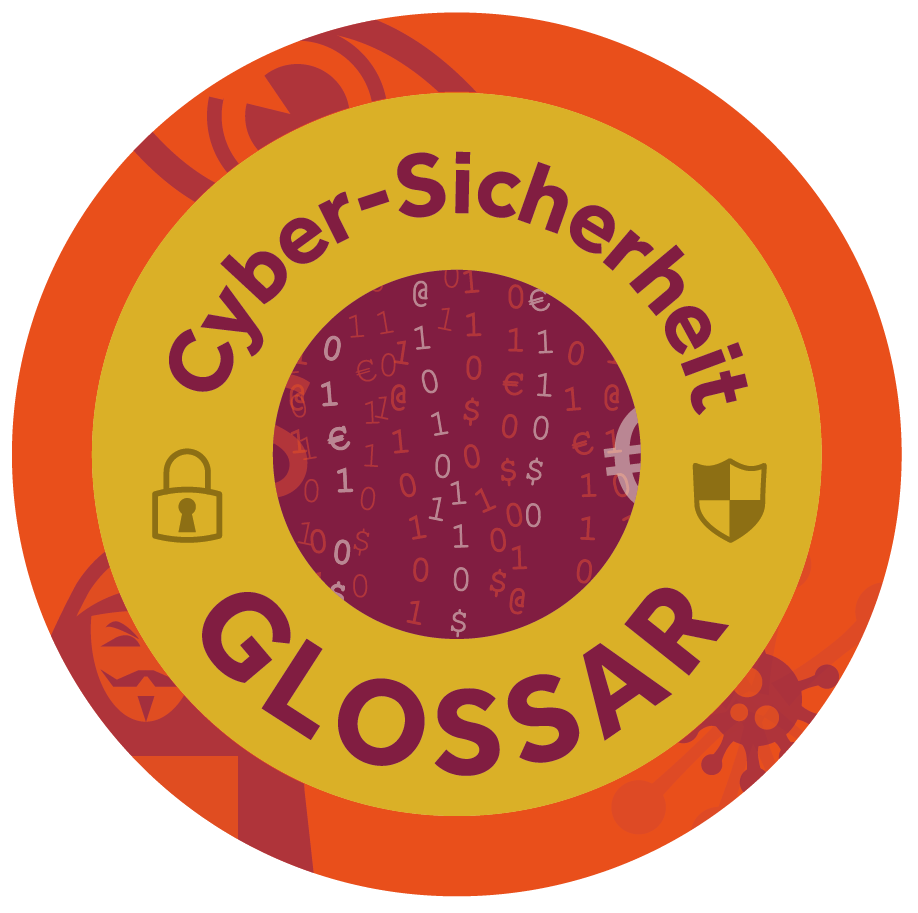A Crypto-Token Based Charging Incentivization Scheme for Sustainable Light Electric Vehicle - Prof. Dr. Norbert Pohlmann
A Crypto-Token Based Charging Incentivization Scheme for Sustainable Light Electric Vehicle Sharing | |
 | S. Finke, N. Pohlmann, N. Schelte, S. Severengiz, K. Wittek: Free float light electric vehicle sharing (LEVS) has great potential to reduce greenhouse gas emissions and air pollutants, congestion, space demand, and noise in an urban environment [1]. However, the ecological impact of LEVS can still be improved, especially with regard to their energy supply. In many cases, vehicles or batteries are collected using diesel vans in order to charge empty batteries with electricity from unknown origin. This battery charging practice is one of the main contributors to life-cycle greenhouse gas emissions accounting for up to 50% of the total life cycle greenhouse gas emissions of LEVS [1]. At the same time, it constitutes a significant cost component [2]. A solution could be to let users charge the vehicle themselves whenever it is necessary. However, there is a lack of understanding of user behavior when it comes to charging the vehicles. If a user is tasked with charging the vehicle, it compromises the convenience of a free float LEVS since it costs time to identify a free charging station, approaching it and plugging the cable in. In case a charging station is not at the user’s destination, the willingness to charge might be lower. Hence, an incentive in the form of free rides or discounts is an option to compensate for these inconveniences. A possible solution for charging points needed in such an incentive scheme could be a decentralized network of small off-grid solar charging stations, like suggested by Martinez-Navarro et al. [3], providing renewable electricity where it is needed, without requiring a grid connection, therefore increasing flexibility and reducing costs. In order to utilize solar off-grid charging stations effectively, the generated electricity must be used instantly instead of storing it in a battery for later use. Matching production and demand, so-called demand side management, in order to decrease costs and emissions, constitutes a well-known procedure in the solar energy sector [4]. However, for LEVS demand side management is a novel approach. kostenlos downloaden |
 | |



